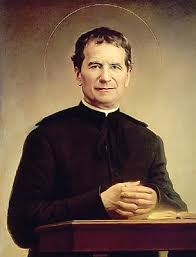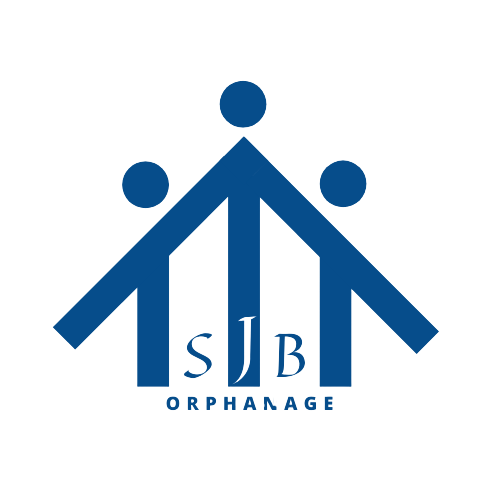Who We Are
Improving life for ALL boys who have been victims of, or are at-risk of abuse and neglect
Orphanage
Although we use the word “orphanage”, we do so loosely – since our attention, care and love are not limited to abandoned or parentless boys, but ANY boy (ages 4 to 16) who is in need of a safe place to live.
We are a FAMILY providing love and supporting each other. We meet each boy’s individual need for significance, security and strength in a way that moves them forward into life with greater confidence and a better understanding of how much God loves them.
SJB is located in a village called Plaisance, in Guyana, South America. Like any other family, we provide a stable home environment for our boys – including supplying healthy well-balanced meals, provision of their own bed and personal space for each boy, assigning daily chores and responsibilties, facilitating recreational programs such as music programs (the boys especially enjoy steel-pans!), robotics club, swimming, special outings, movie nights, cricket, football, providing counseling on an individual basis, whilst incorporating adequate time and space for free play, exercise and rest.
At SJB we provide a safe haven for our boys, where we meet all their needs and support their development holistically.
School
Due to neglect in their previous environments, many of our boys do not have reading, writing and math skills equivalent to their similarly-aged peers in the traditional school system. As such, they are provided with an education at SJB by qualified teachers who cater to their individual need.
It is SJB’s goal that ALL their boys can ultimately be re-integrated into the traditional school system and eventually graduate from high school.
For the boys who are successfully placed in an educational institution, the administration keeps regular contact with the institution to support and encourage their boys.
We also provide each child with:
⦁ School supplies and Text books
⦁ After-school and weekend tutoring
⦁ Informal learning through educational posters on the walls of the home
⦁ Access to a computer for educational purposes
⦁ A record of each child’s education and other recognitions of achievement
⦁ Access to the Library
Depending on the child’s individual strengths and interests, he will continue on to higher education or vocational training. With the guidance and advice of our staff, many of our young men have succeeded in a variety of professions throughout the years.
Mission Statement
The St. John Bosco Orphanage provides for the physical, psychological, social, cultural and spiritual needs of the young boy. It seeks to give them a sense of self and equip them with the values and skills that will allow them to grow into young men of integrity and productive members of the society.
Statement of Sponsorship
St. John Bosco Orphanage is sponsored by the Sisters of Mercy. The Sisters of Mercy enter into these relationships to witness to Christ’s mission, to address our enduring concerns and to promote and sustain the Church’s mission in the world. The Sisters of Mercy provide oversight for these ministries and exercise ultimate responsibility to ensure the fidelity to the mission of the Sisters of Mercy and the Catholic Church.
History

The word “Orphanage” in regard to St. John Bosco is a misnomer. Fr. Casati’s original idea was to get the boys off the streets-suggesting they were “homeless” but not necessarily orphans in the strict sense of the word. The only criterion for accepting a boy in the Orphanage is NEED. Boys between the ages of 4 -16 of every race, colour and creed are loved and cared for by our family at SJB.
Our Patron

John Melchior Bosco (Italian: Giovanni Melchiorre Bosco; 16 August 1815 – 31 January 1888), popularly known as Don Bosco, was an Italian Roman Catholic priest and educator.
He worked in the capital in Italy, Turin, where the population suffered many of the ill-effects of industrialization and urbanization.
He dedicated his life to the betterment and education of street children, juvenile delinquents, and other disadvantaged youth. He developed teaching methods based on love rather than punishment.

